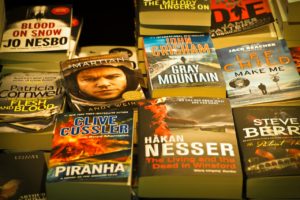 In a fall cleaning frenzy, I tackled my kitchen junk drawer. I chucked expired coupons, dozens of plastic bread ties that I’d saved in case of a severe bread-tie shortage, and handfuls of dried out rubber bands that broke when stretched. Then I ran across a box of old keys.
In a fall cleaning frenzy, I tackled my kitchen junk drawer. I chucked expired coupons, dozens of plastic bread ties that I’d saved in case of a severe bread-tie shortage, and handfuls of dried out rubber bands that broke when stretched. Then I ran across a box of old keys.
Hmmm? I lined them up on the kitchen counter. There were nine car keys, which was odd, because in my life, I’d only owned four cars.
I found the spare key to my 1968 Ford Falcon. Three on the tree, pull-out choke on the dash. I bought it used for $200, drove it for three years, and sold it for $250. I couldn’t find the spare key for the new owner, so I’d had a copy made. It cost 35 cents. Today a new key is $200—the same price as this entire car.
I found the key to my first new car. A 1976 Toyota Corolla, which ironically, got keyed the first day I parked it at work. It was Rah! Rah! Bicentennial! Buy American year!
Here was the key to my old boyfriend’s house. We broke up two decades ago when I ‘d found another woman’s underwear tangled in the bed sheets. “Oh, those belong to my fiancée,” he’d said, having never mentioned a fiancée before. It made me wonder if saving this key qualified me as a masochist. Continue reading “The Key Graveyard”



